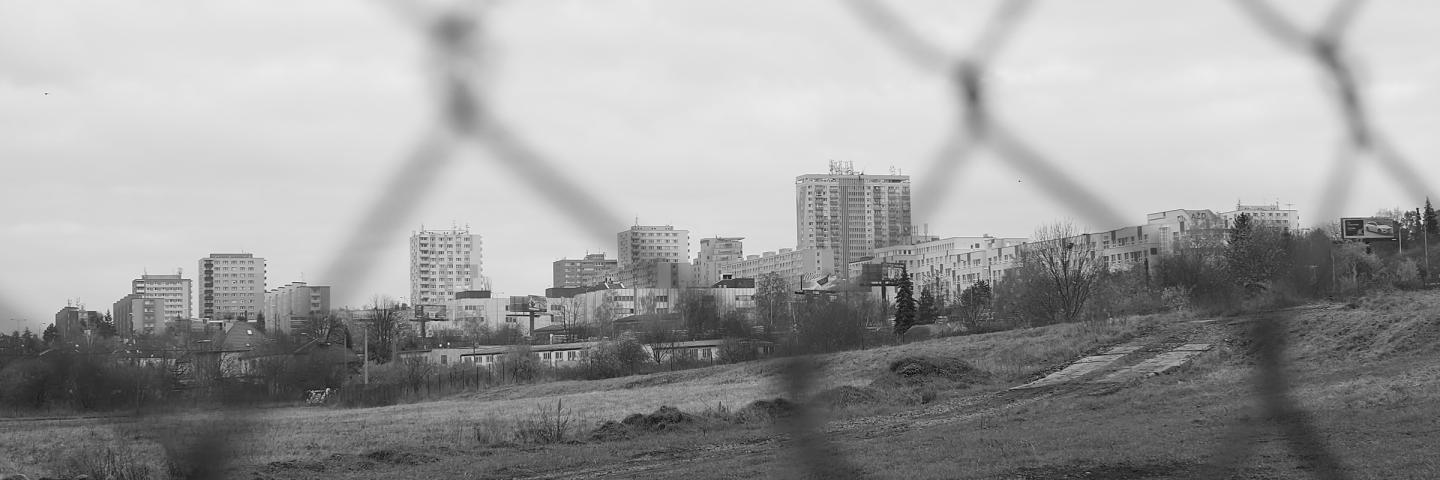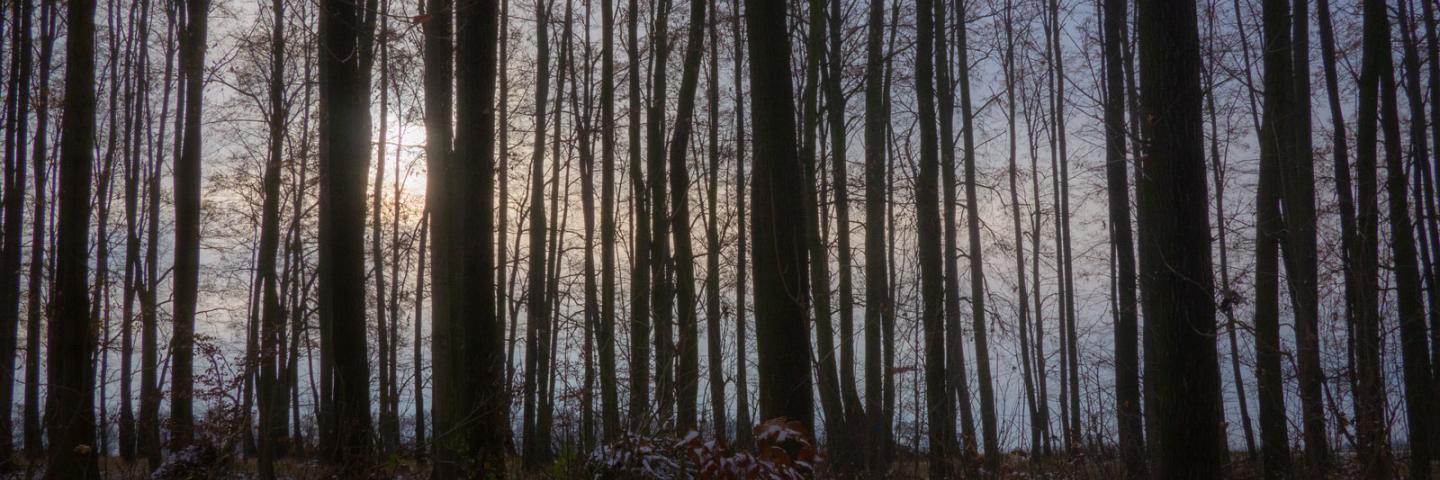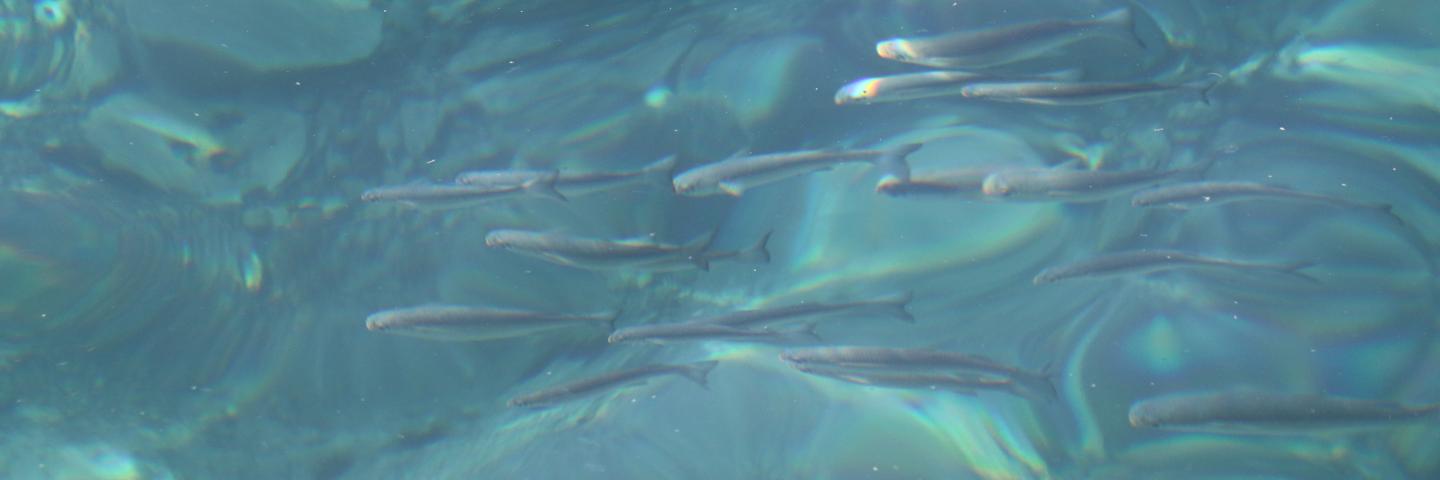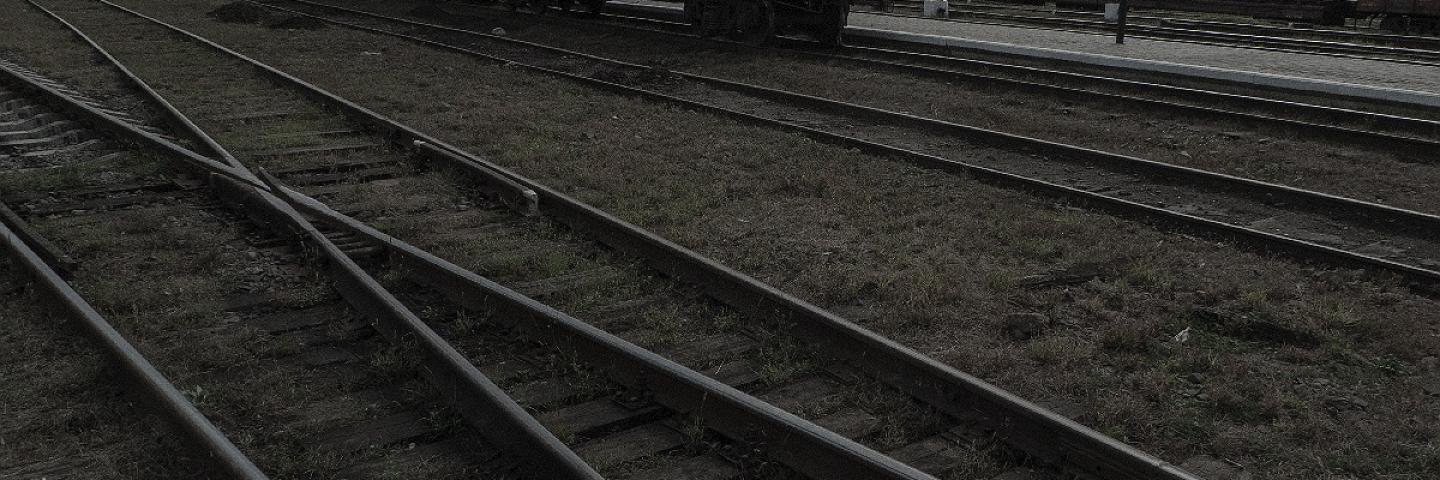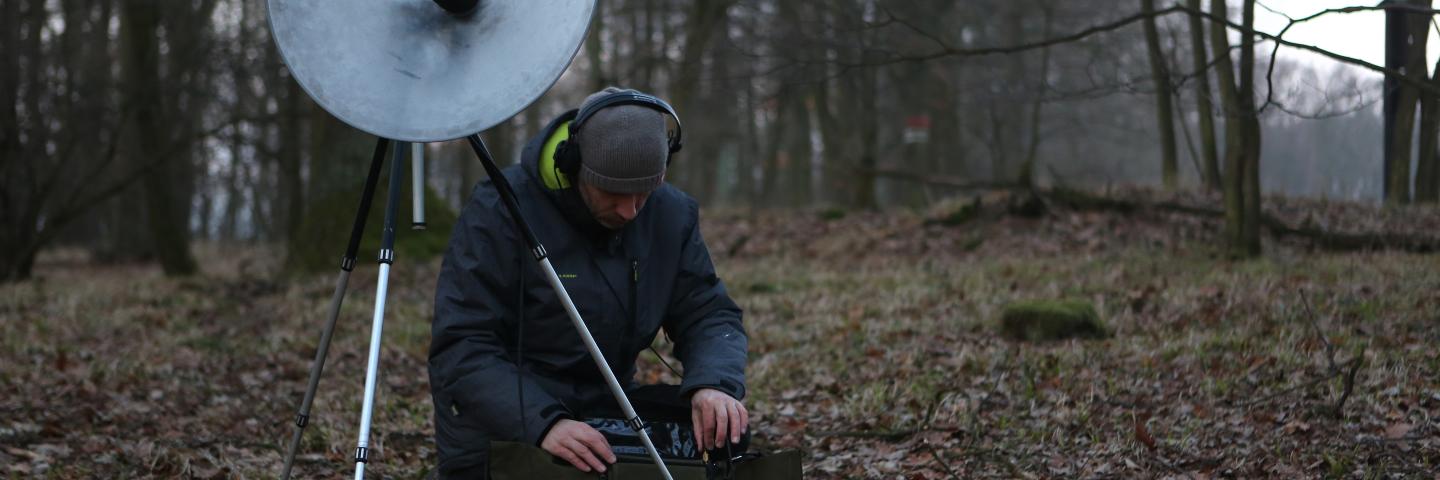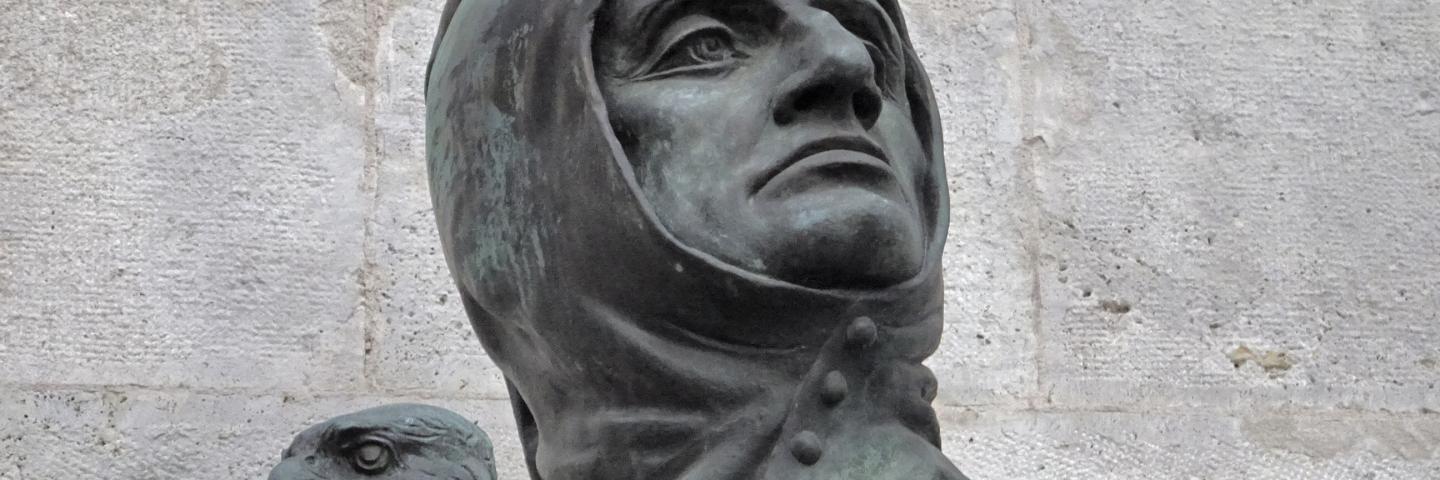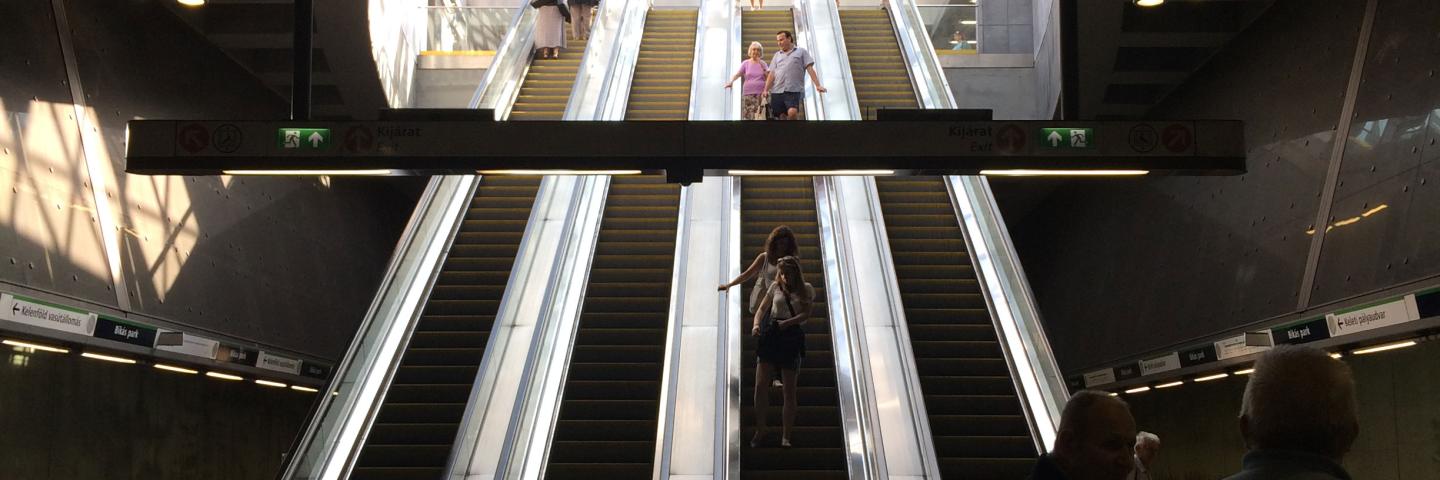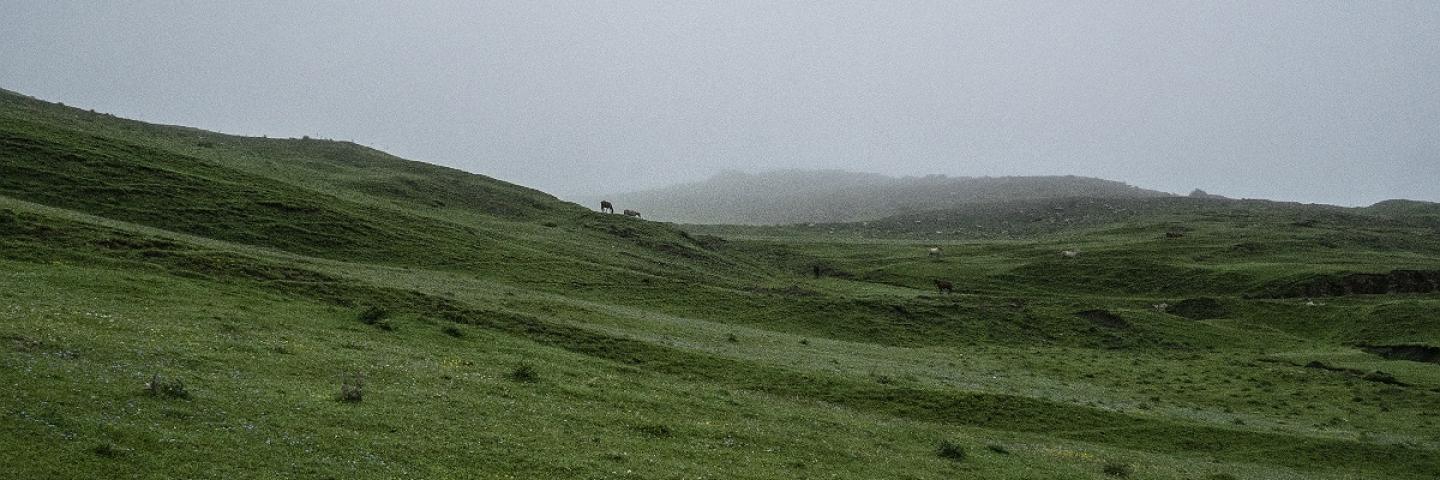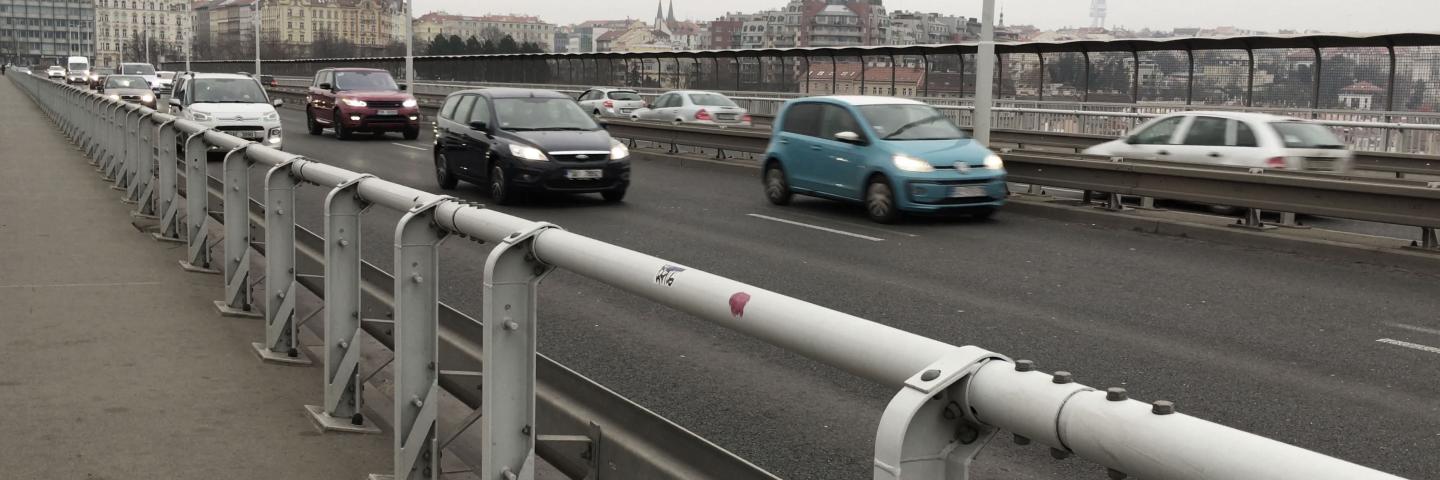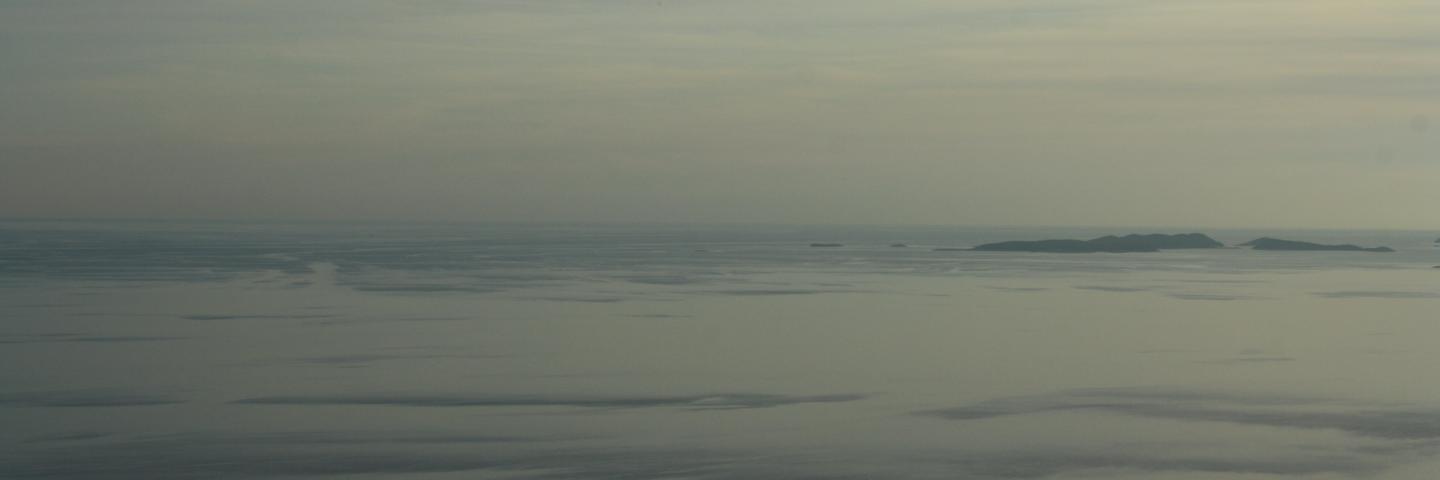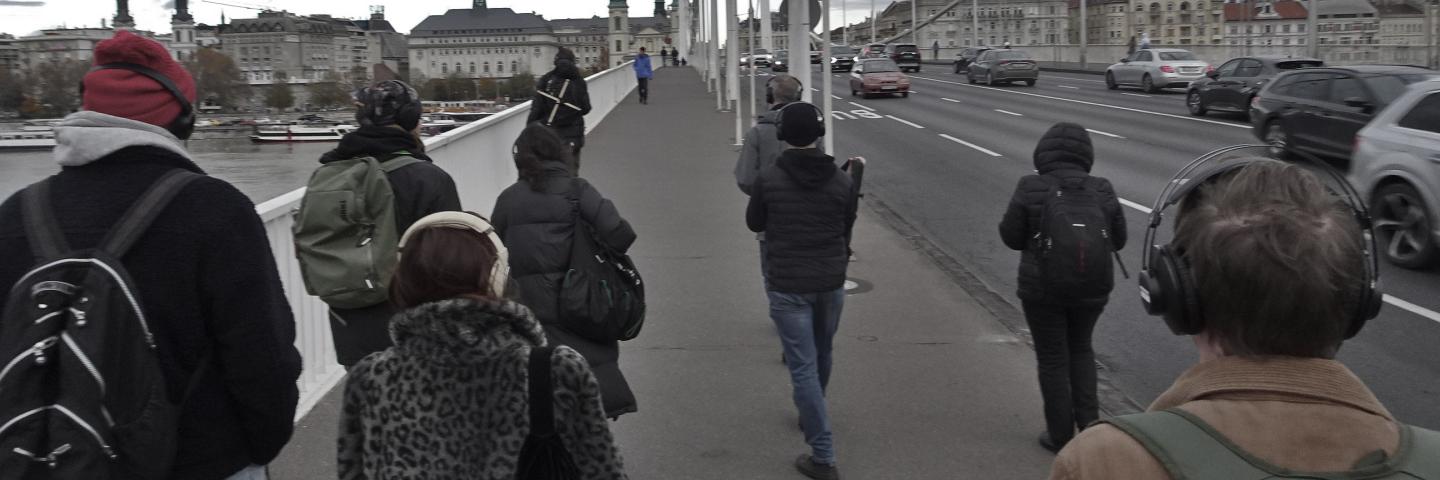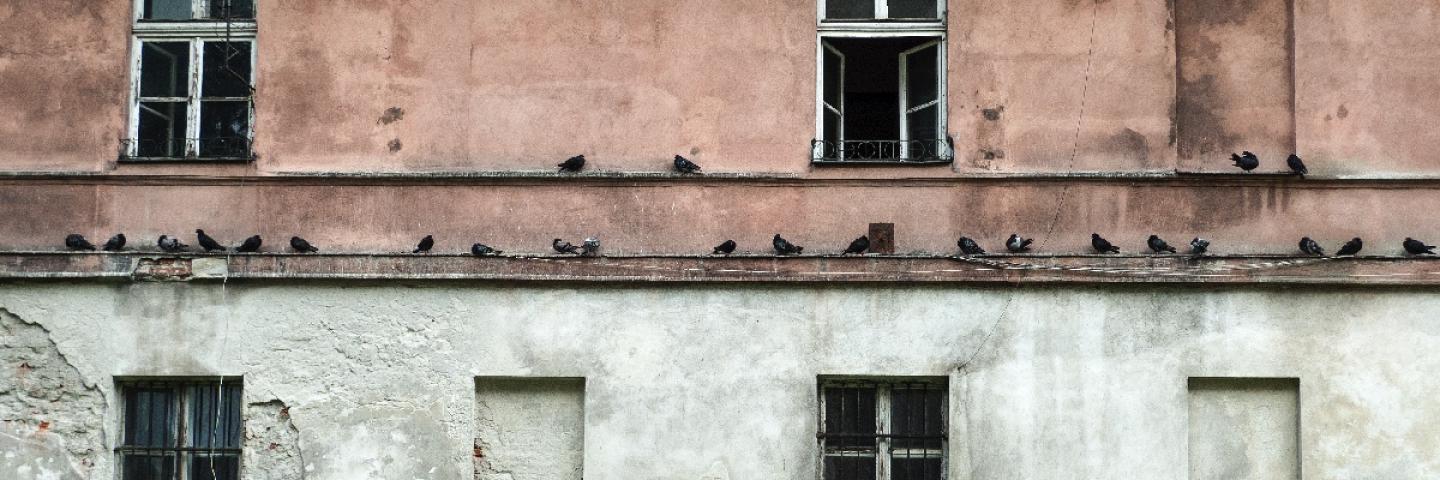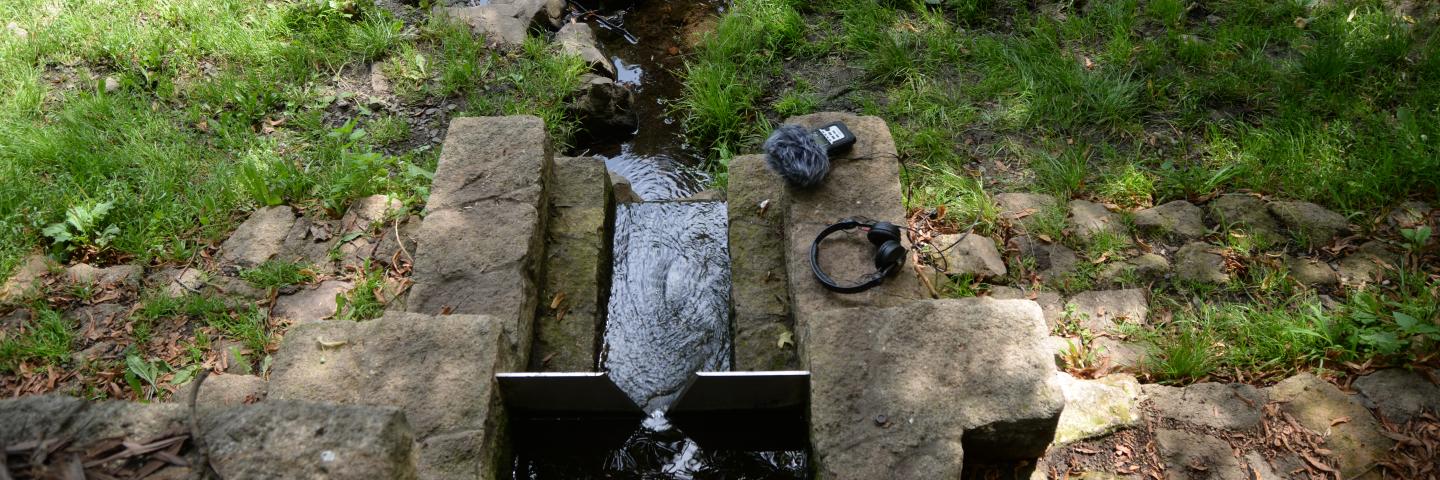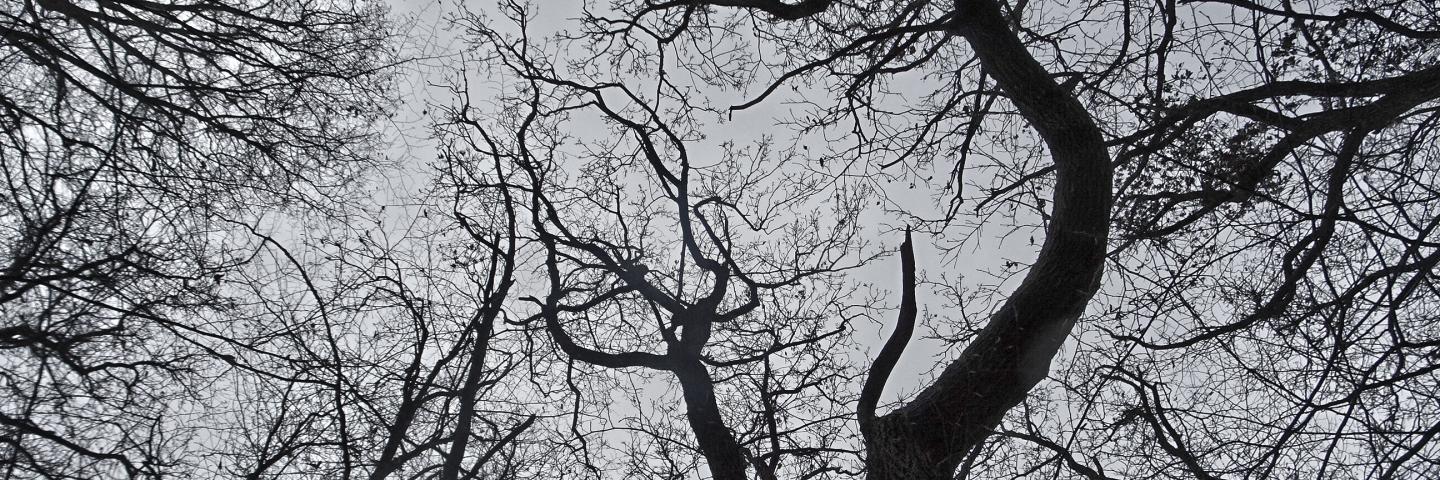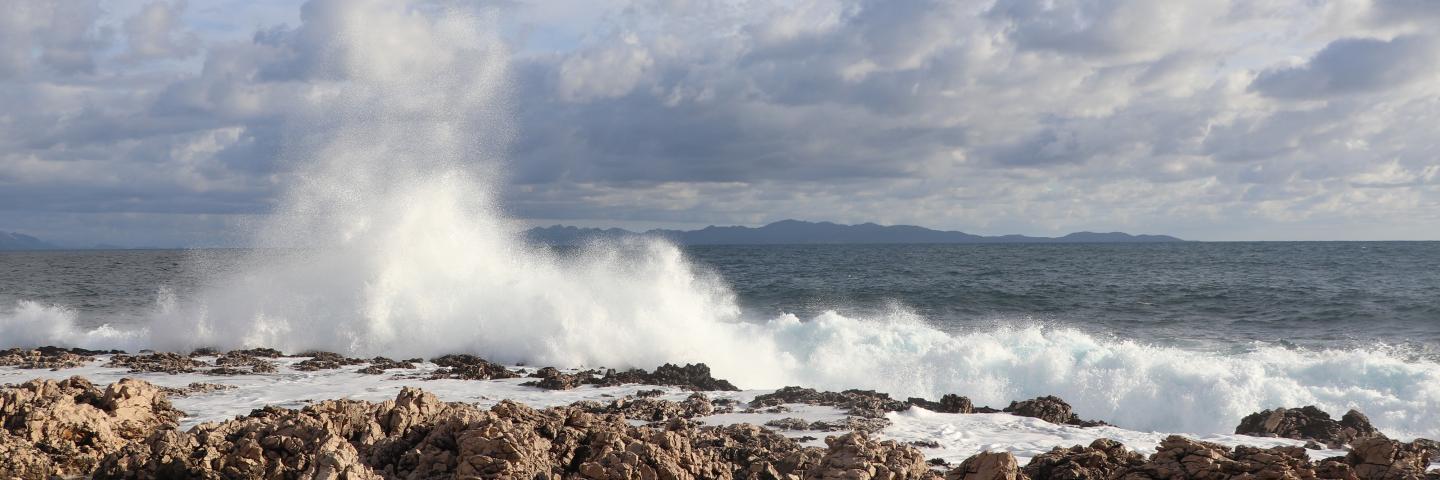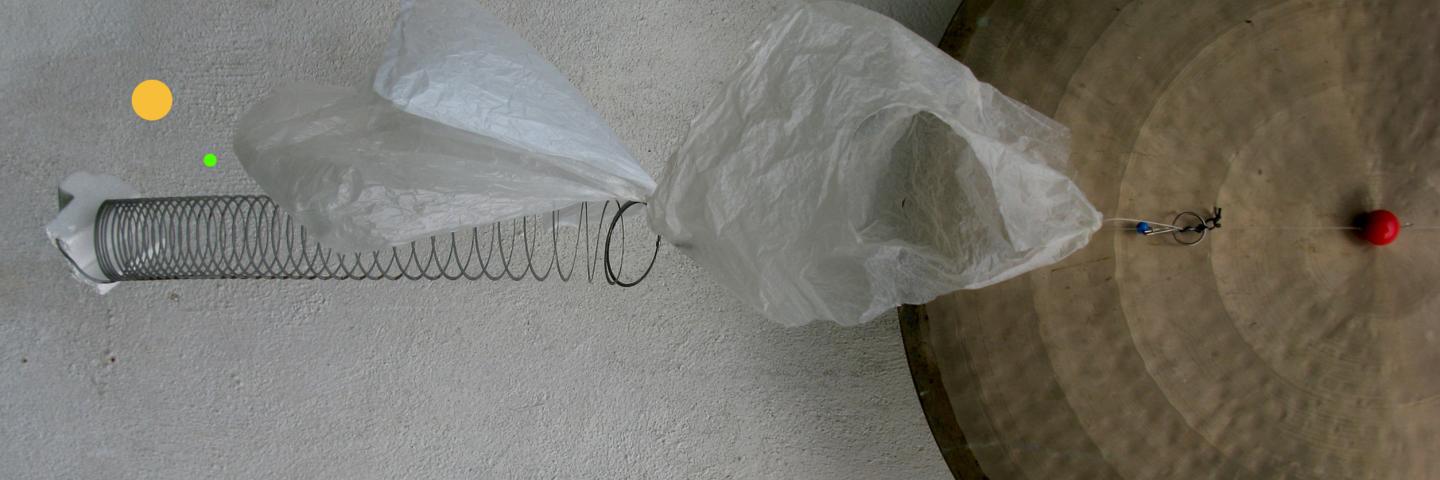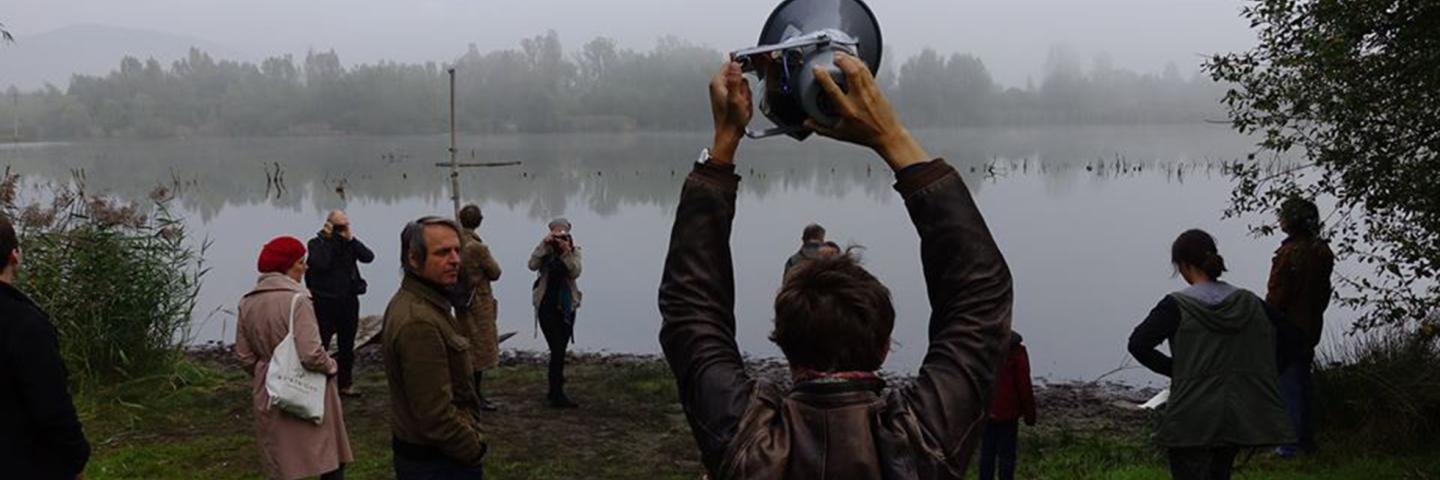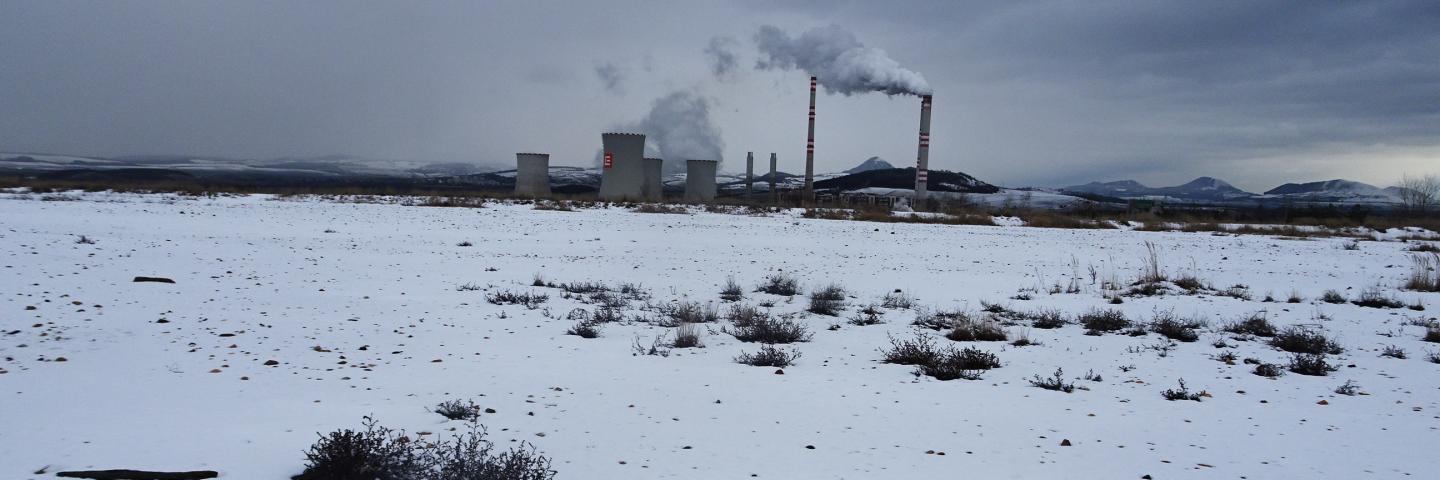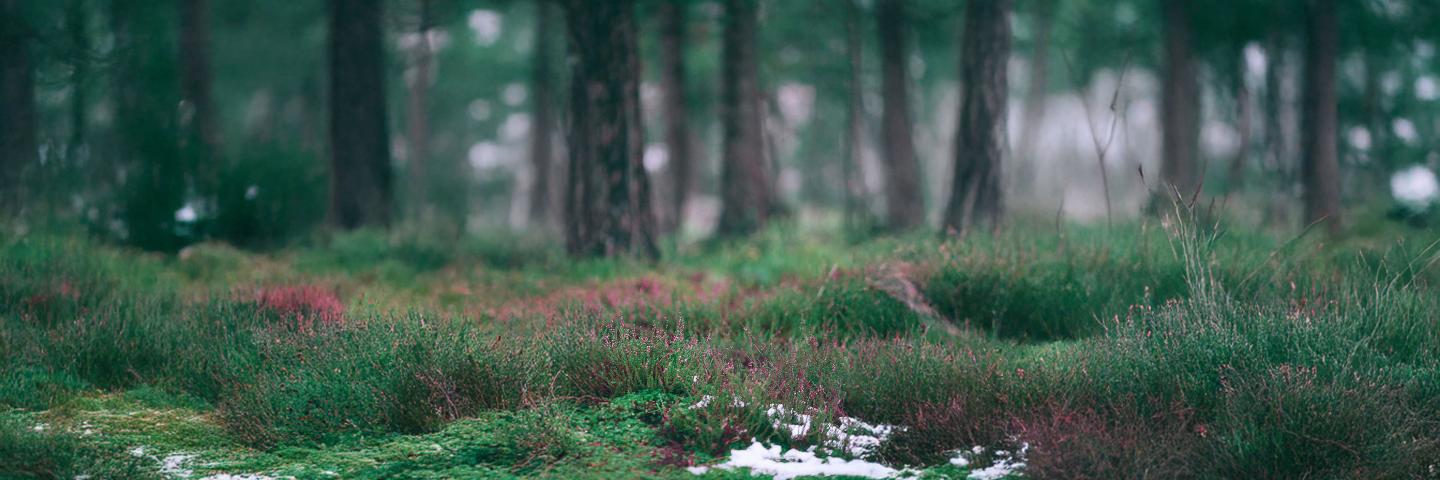Emeka Ogboh
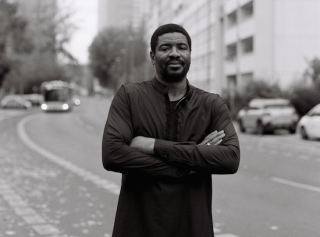
Emeka Ogboh (born 1977) is a Nigerian sound and installation artist. He became interested in sound art during a media class at the 2008 Fayoum Winter Academy with Austrian multimedia artist Harald Scherz. Following this experience, Ogboh paid attention to the interaction of sounds in Lagos as compositions rather than individual voices. Ogboh compared the soundscapes to orchestra symphonies, with layered voices rather than strictly chaotic noise. He also appreciated the soundscape's ability to "transport the listener" and found the sound medium most engaging.
He originally recorded Lagos for his use in-studio, but when presented with the idea of sharing the sound for artistic installation, he began to edit the clips for their best representation of Lagos and considered the best method of public dissemination. Home from his Egyptian art program, Ogboh was inspired to create the Lagos Soundscapes project when the artist was able to identify the sounds of his city during a phone call with a friend. As he transitioned to the field, he turned to online help in discussion forums and email. In his installations, Ogboh prefers audio that requires minimal studio manipulation, and does not significantly alter the sounds. Some audio effects come from the recording environment, both surfaces that echo and distort sound, and the effect of traveling with a recorder. His first sound installation was in the Fayoum academy's bathroom, followed by his first Lagos Soundscapes installation at the Lagos African Artists' Foundation in 2009.
The works are typically installed in listening booths with headphones, though they were also installed in the public streets of Cologne and Helsinki as a commentary on globalization. His Lagos by Bus is a recording of Lagos passengers traveling the danfo share taxis and molue minibuses characteristic of the city to work. A vendor offers a prayer before selling medication to riders, as a sociopolitical protest song by Fela Kuti plays on the radio. The 40-minute installation was exhibited at Cologne's Rautenstrauch-Joest Museum in 2010, and the booth was painted yellow with black stripes and stickers to imitate the hallmarks of the danfo. An outdoor installation at the Cologne Public Library piped the streets of Lagos to those of Cologne. A similar installation took place at Helsinki's Kiasma contemporary art museum.
Ogboh hosted an online stream of his Lagos Soundscapes in collaboration with the Goethe Institut Lagos for the July 2013 World Listening Day. In a Houston installation at the Menil Collection, Ogboh installed a danfo bus, which he uses as a "spontaneous 'agora'" that carries a culture as Lagos's "most iconic symbol". He also created videos—Fractal Scapes—as abstracted "'time-based' paintings" of the city. and began collaborations with musicians who referred to Ogboh's Lagos recordings. In 2014, his The Ambivalence of 1960 was featured in an exhibition at the Casino Luxembourg. The piece is a six-minute collage of speeches from Nigeria's 1960 independence festivities, including those of President Nnamdi Azikiwe, Prime Minister Sir Abubakar Tafawa Balewa, and English Princess Alexandra of Kent. Their aspirations for a human rights, freedom, religious tolerance, and economic development, compared with the present day, show Nigeria's political failures over the previous half-century.
Ogboh participated in the title exhibit of the 2015 Venice Biennale, All the World's Futures, with The Song of the Germans (Deutschlandlied), a piece in which African refugees sang the German national anthem in their first languages. He had participated in the 2014 DAAD Artists-in-Berlin Program and exhibited in the city. Ogboh won the 2016 Bremen Böttcherstraße Art Award for his installation at the Kunsthalle Bremen. The piece, The Continental Entrée, refers to the advertisements of street food vendors and the European Union as a destination for African migrants with a neon sign that reads, "FOOD IS R€ADY". Later that year, Ogboh exhibited at the Brooklyn Museum's Disguise: Masks and Global African Art and the United States National Museum of African Art. At the former, he showed a 2015 sound installation, Egwutronica, of remixed Igbo music and at the latter, his 28-minute soundscape of the Balogun Market (titled Market Symphony) was the museum's first sound art piece. Its audio played through speakers embedded in painted enamel trays, the same used to display goods at the market. In late 2016, his work was installed in the African Union's Julius Nyerere Peace and Security Building in Addis Ababa.
His album 6°30′33.372″N 3°22′0.66″E turns its hyper-specific geographical focus toward the sounds and voices within the city’s Ojuelegba bus station and its environs. It’s a sonic “zooming-in” to the anarchic, self-organized urban node at a critical transformational juncture, previously immortalized on Fela Kuti’s legendary track and critique of post-colonial Lagos, Confusion.
